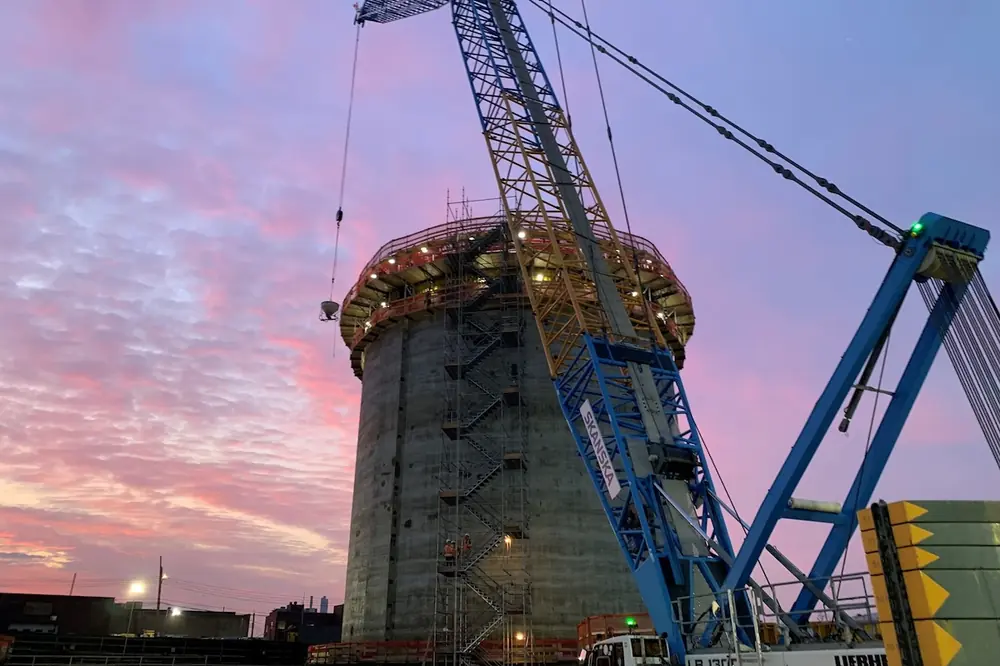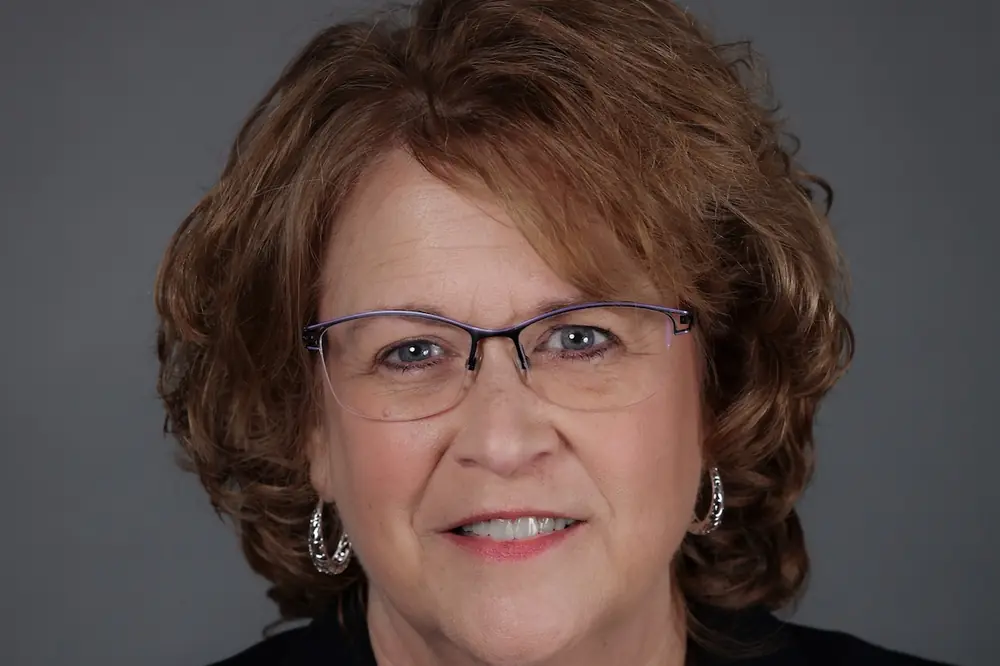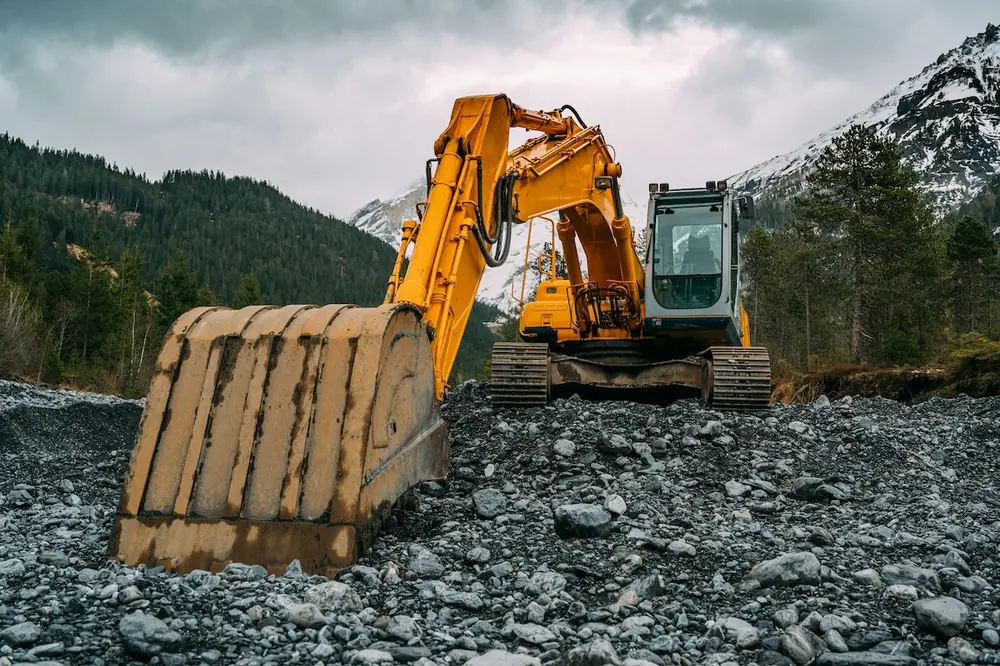Collective efforts made by key stakeholders such as the Indiana Department of Natural Resources (DNR), New City Development, and the Indiana Economic Development Corporation (IEDC) on this project represent a steadfast commitment towards enhancing the interconnectedness of the Plainfield community.
“We all wonder as kids who builds these buildings that we all frequent, but we don't necessarily stop to think about it that way,” Bamgbose said. “My internship opened my eyes to who does the built environment and how deals are put together.”
From optimizing return on investment for a single pencil to structuring real estate deals from a legal standpoint, Bamgbose said the internship familiarized him with all the components involved in closing a real estate deal.
“It wasn’t just one thing as far as multi-family, office, hotels, or student housing. It was ‘how do you create a community?’” Bamgbose said. “More often than not, it was by mixing those uses together, even in a singular structure or in your master plan and bringing those things together in a specific geography.”
Bamgbose went on to work for Hendricks Commercial Properties after college, where he assisted in the planning process for transformative projects like The Bottleworks District. Bamgbose said his time at Hendricks instilled in him the critical importance of investing for future growth on large-scale projects.
“At Hendricks, we focused a lot on quality and long-term growth with the types of developments we did. It wasn't a quick, ‘build it, flip it, and sell it’ situation,” Bamgbose said. “Although there's nothing wrong with that approach, it changes the type of investment you're willing to make on things like building materials or the amount of mixed use you're doing. My experience at Hendricks impacted me tremendously in that we approach things in a similar fashion.”
Bamgbose moved on from Hendricks in 2019 to form his own development company, New City Development, where he carries on the lessons he learned at Hendricks to continue investing with intention in established and emerging communities.
“Our motto at New City Development is ‘Elevate Standards and Enrich Communities,’” Bamgbose said. “That comes with a thoughtfulness approach. It's not one size fits all; it's what's right for this specific piece of land and this specific community.”
“Previously, my conception of a city was a very large area with this little teleportation device that's called a car,” McPherson said. “When you’re riding for that long, after riding for like five hours, we would get to a city, and we'd ride through it. That experience shifted how I think about cities in general.”
As founder of the Co-Op, McPherson worked closely with public works officials and community groups to advocate the pedestrian’s point of view.
“It was fascinating,” McPherson said. “I saw how some of my skills in communicating directly with residents and organizations can be really useful in this particular role. I also have a background in math and physics, so I thought I could do a really good job understanding and being creative with this field at the same time.”
As Bicycle and Pedestrian Coordinator for Indy DPW, McPherson now optimizes the bicyclist and pedestrian experience across Indianapolis by communicating with developers, community groups, and city officials to advocate for the pedestrian’s point of view.
“The work that we're doing around pedestrian and bike infrastructure needs to be both true and believed that it's allocated appropriately and good for the communities that it goes into,” McPherson said. “We have to engage right now and make sure that we're not just taking care of people, but empowering people to make the choices that they want.”
First envisioned as a much-needed addition to Plainfield’s senior living market, Hobbs Station re-thinks the traditional approach to senior housing by connecting a centrally located senior housing complex with nearby lifestyle amenities and single and multi-family homes – proving that developments can better serve multiple generations.
“Everyone who looked at this piece of land here prior to us really looked at it as one or two things. We're saying let's bring these things together. Let's make this multi-generational. Let's bring people of different stages of life into a similar geography,” Bamgbose said. “With the right sort of connective tissues, that can create something pretty special.”
Spanning a total length of 7.3 miles within Plainfield, the Vandalia Trail previously terminated right before reaching the Hobbs Station site. Along with the creation of Hobbs Station comes a 2.3-mile extension of the Vandalia Trail. A significant portion of this extension, over half a mile, is integrated into Hobbs Station’s development.
“It's an exciting step toward a future where our cities are more connected,” Bamgbose said, “fostering active lifestyles, enhancing accessibility, and promoting a more vibrant community."
The extended Vandalia Trail now seamlessly connects to the 9-mile Ronald Reagan Parkway Trail, establishing an extensive network of paths for cyclists and walkers, contributing to a healthier and more engaged community.
This extension will not only connect communities, but also provide convenient access to the natural beauty and rich history of the region. Notably, this initiative is an integral part of the broader vision – the National Road Heritage Trail, a 160-mile trail corridor across the state.
“Indiana is a very car-heavy city and state, but these trails and non-vehicular transportation options are becoming a big deal in communities across central Indiana,” Bamgbose said. “As we look at potential development opportunities and sites, we look for the nearest trail where people could get back and forth from the development without necessarily having to jump into a car.”
As greenways and trails continue to expand across Indianapolis, McPherson said architects and site planners will play a critical role in empowering communities to make their own spaces safe, beautiful, and worth saving.
“I think there’s a risk that these trailways may lack vibrancy. To create more vibrant spaces, architects should look at the intersection of greenways, trails, and public transit, and be way more imaginative about how we interact with those things,” McPherson said. “Ask yourself: What is the absolutely most beautiful version of this that I could possibly imagine? Start with that perspective, then make a long-term investment from there. The folks who do that will end up doing really great.”






































































